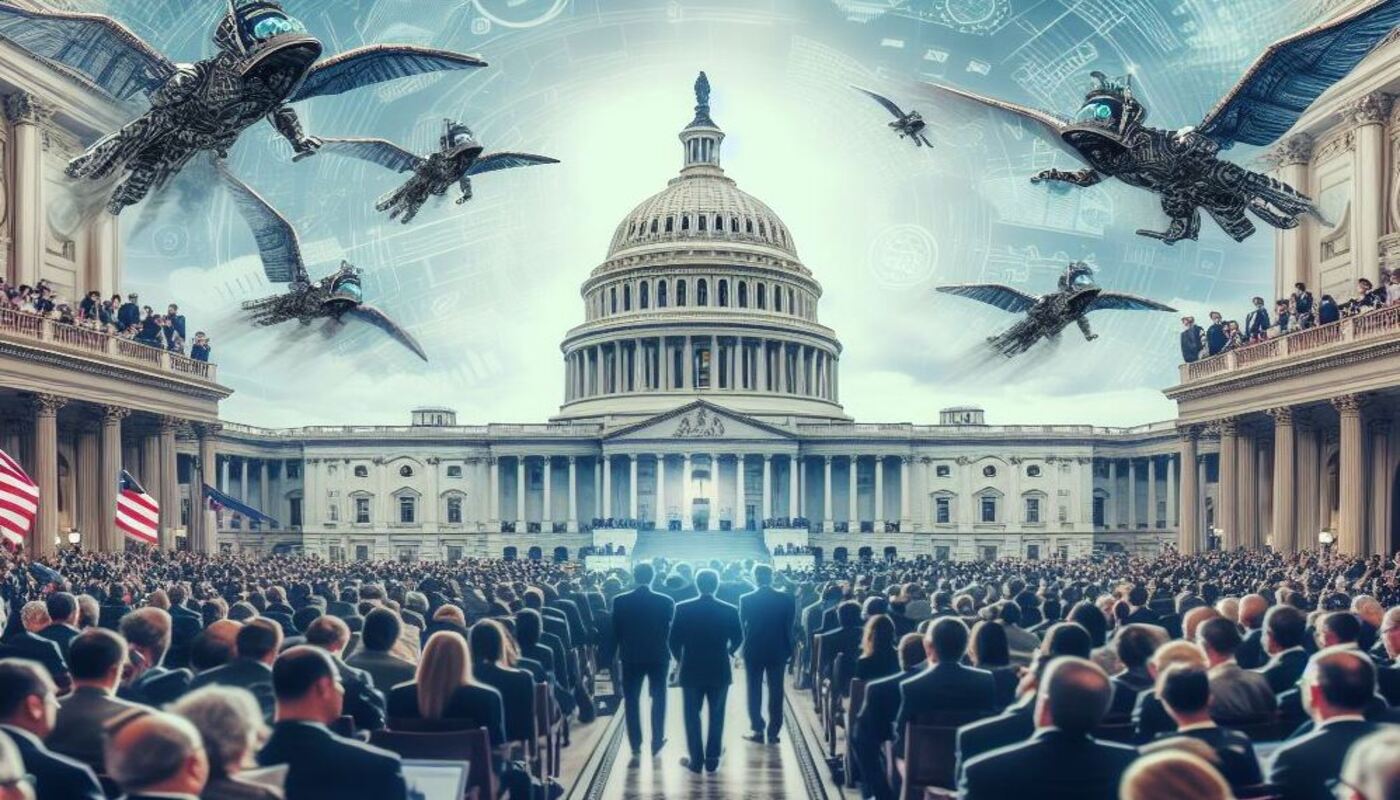The U.S. Supreme Court’s decision not to review a prolonged legal case on practical training and work authorization marks a victory for universities, employers, and international students. The case involved a group disputing the Department of Homeland Security’s (DHS) ability to extend Optional Practical Training (OPT) from 12 to 36 months specifically in science, technology, engineering, and math (STEM) fields. Despite the arguments, previous court rulings affirmed DHS’s authority to expand STEM OPT to the extended 36-month duration.
Educators view OPT and STEM OPT as crucial components, as they contribute to students’ education and incentivize enrollment in U.S. universities. The additional 24 months in STEM OPT also enhances employers’ chances of securing an H-1B petition for students. Business trade associations actively participated in the case as “intervenors” due to their vested interests. Despite the presence of OPT and STEM OPT, transitioning from international student status to temporary work and permanent residence is notably smoother in Canada and other countries compared to the United States.
The Washington Alliance of Technology Workers (Washtech) had petitioned for a writ of certiorari, seeking Supreme Court review of a D.C. Circuit decision favoring DHS’s authority. However, on October 2, 2023, the Supreme Court denied the petition, indicating that there will be no further review of the D.C. Circuit’s earlier decision in favor of STEM OPT.
The U.S. Court of Appeals for the D.C. Circuit, in a 2-1 decision on October 4, 2022, ruled in favor of the Department of Homeland Security (DHS), upholding a November 2020 order and a January 2021 opinion.
In the opinion of the U.S. Court of Appeals for the D.C. Circuit, it was stated that the “Washington Alliance of Technology Workers (Washtech) argues that the statutory definition of the F-1 visa class precludes the Secretary from exercising the time-and-conditions authority to allow F-1 students to remain for school-recommended practical training after they complete their coursework.” The opinion further notes that this argument wrongly assumes that, beyond setting terms of entry, the visa definition itself precisely outlines the time and conditions of students’ stay once they have entered, whereas Congress has delegated that control to the Executive.
The F-1 visa definition grants the Executive the authority to control the time and conditions of F-1 nonimmigrants’ stay, but it does not exhaustively limit this control. The court holds that the statutory authority supports the OPT program, and the Rule, including its STEM extension, reasonably relates to the distinct composition and purpose of the F-1 nonimmigrant visa class. The Rule ties practical training to students’ courses of study and schools, providing time-limited opportunities that enhance the educational value of degree programs, especially in STEM fields.
Additionally, the court dismisses the argument that the Executive lacks statutory authority to authorize any employment, including Optional Practical Training. It affirms that the Secretary has the power to authorize employment reasonably related to the nonimmigrant visa class, and allowing foreign students to engage in limited employment for practical training aligns with this authority.
Regarding the implications of the court decisions, attorneys welcome the U.S. Supreme Court’s decision to deny the petition for writ of certiorari, providing peace of mind for STEM students and graduates to plan their immigration status. This decision also supports the Biden administration’s STEM immigration initiatives. The STEM OPT case played a role in a subsequent federal judge’s ruling favoring the Department of Homeland Security’s regulation allowing spouses of H-1B visa holders to work. The judge cited the D.C. Circuit’s analysis, rejecting arguments against the DHS’s authority to authorize employment after graduation.
The decision brings certainty to the critical OPT program, essential for retaining talent in the United States, according to Lynden Melmed, a partner with Berry Appleman & Leiden and a former chief counsel of USCIS.




















